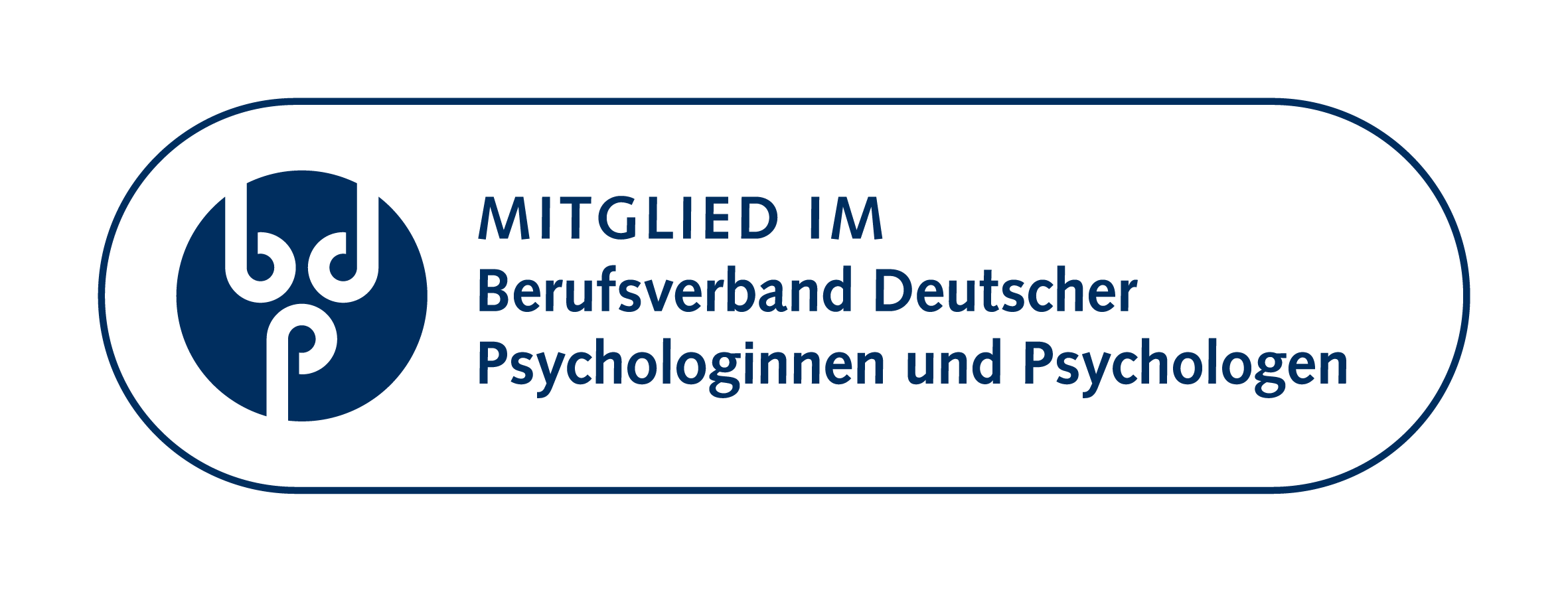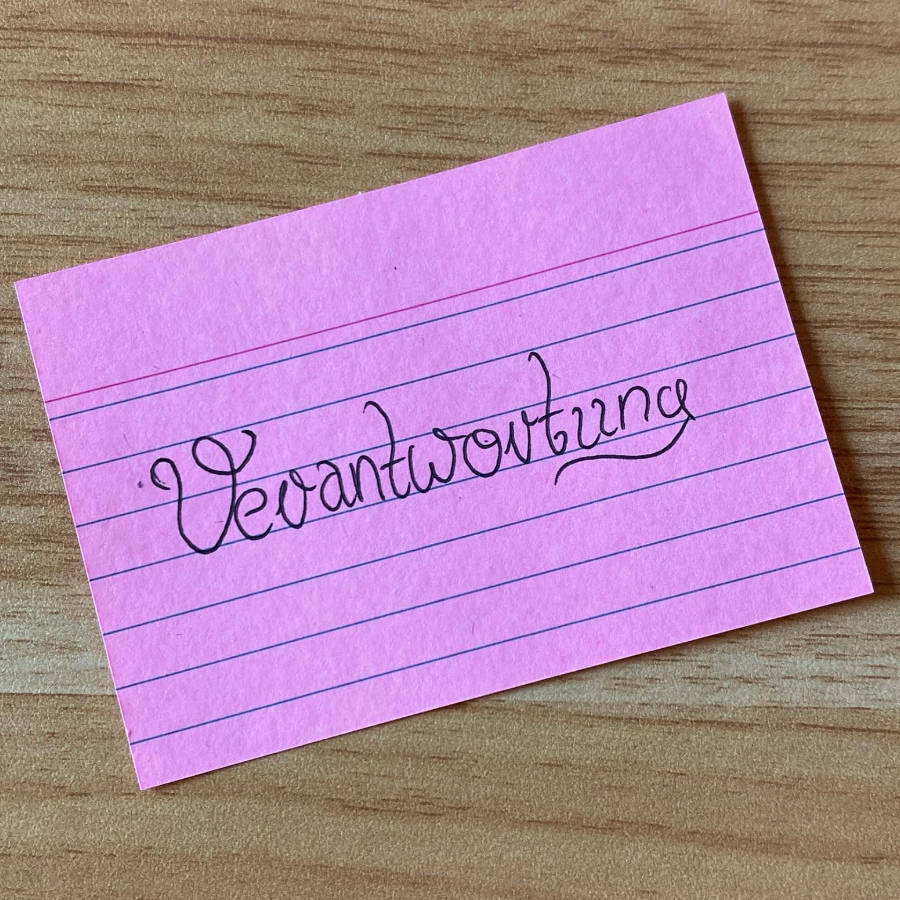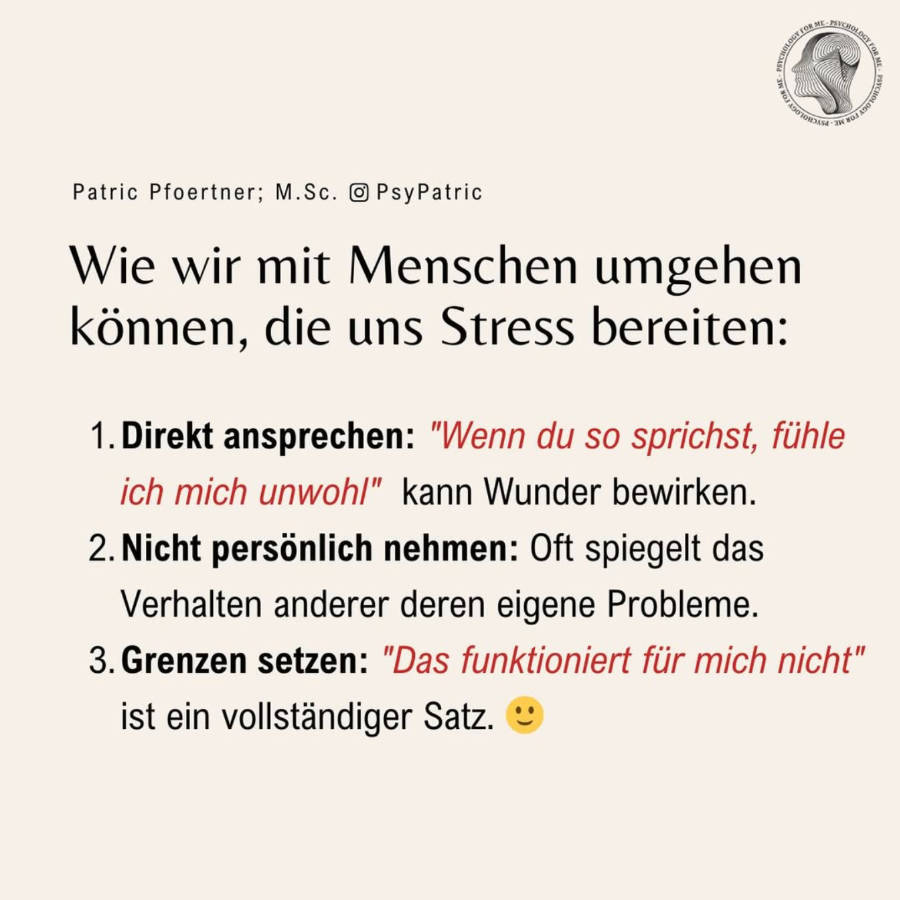Understanding Your Frustration Tolerance: A Path to Greater Well-being
As a psychologist, I often see how frustration, if not managed effectively, can significantly impact our daily lives and overall happiness. Life is full of unexpected twists and turns, and our ability to navigate these with grace and resilience is a cornerstone of mental well-being. This Frustration Tolerance Test is designed to offer you a personal lens through which to view your typical responses to life's inevitable challenges.
It's completely normal to feel frustrated from time to time. The key is understanding how you react to these feelings and what strategies you employ to move through them. Taking a moment to reflect on your responses can be incredibly empowering, shedding light on areas where you might already be strong, and identifying opportunities for growth.
What does this test measure?
- It measures your ability to handle setbacks, delays, and unexpected challenges.
- It assesses your emotional resilience and capacity to manage feelings of irritation or disappointment.
- It provides insights to help you understand and potentially improve your coping mechanisms.
You might be asking yourself some common questions about frustration tolerance. Let's explore a few:
What exactly is frustration tolerance?
Frustration tolerance refers to your capacity to withstand or cope with irritating, difficult, or unexpected situations without becoming overly distressed, angry, or giving up. It's about your ability to maintain composure and persist when faced with obstacles, delays, or when things don't go according to your plans. A higher frustration tolerance means you can adapt more easily and recover quicker from setbacks.
Why is frustration tolerance so important?
Developing a healthy frustration tolerance is crucial for several reasons. It allows us to persevere towards our goals, even when the path is challenging. It helps us manage our emotions more effectively, preventing anger or anxiety from overwhelming us. Furthermore, it enhances our relationships, as we're less likely to react impulsively to minor annoyances. Ultimately, it contributes significantly to a sense of calm, control, and overall well-being in a world that is inherently unpredictable.
What are some common signs of low frustration tolerance?
Someone with low frustration tolerance might exhibit several behaviors. They might become easily agitated or angry when faced with minor inconveniences, quickly lose patience, or give up on tasks as soon as they encounter a difficulty. They may also struggle with accepting constructive criticism, react strongly to perceived injustices, or feel overly stressed when things aren't perfect or don't go their way. It can feel incredibly overwhelming when you struggle with low frustration tolerance, and it's important to remember that these are learnable skills.
How can I improve my frustration tolerance?
Improving frustration tolerance is a journey that involves developing new coping strategies and shifting perspectives. Mindfulness practices, for instance, can help you observe your feelings without judgment. Practicing acceptance of what you cannot control, setting realistic expectations, and breaking down large tasks into smaller, manageable steps can also be very effective. Learning to identify triggers and developing healthy emotional regulation techniques, such as deep breathing or taking a brief break, can significantly strengthen your resilience over time. Remember, every small step towards better coping is a victory. If you find yourself consistently overwhelmed, please consider reaching out to a mental health professional for personalized support. You don't have to navigate this alone.
























